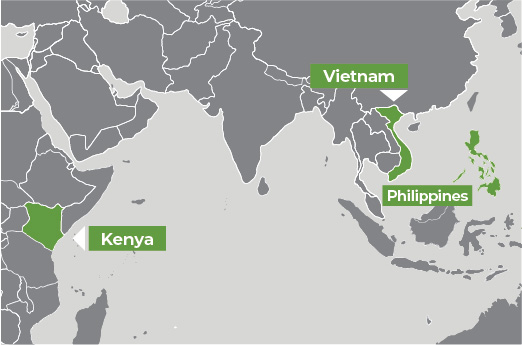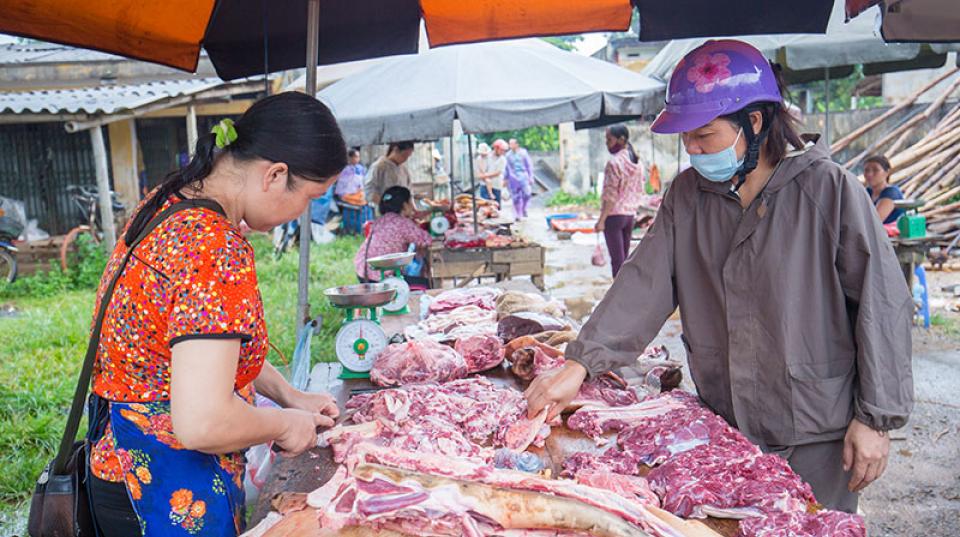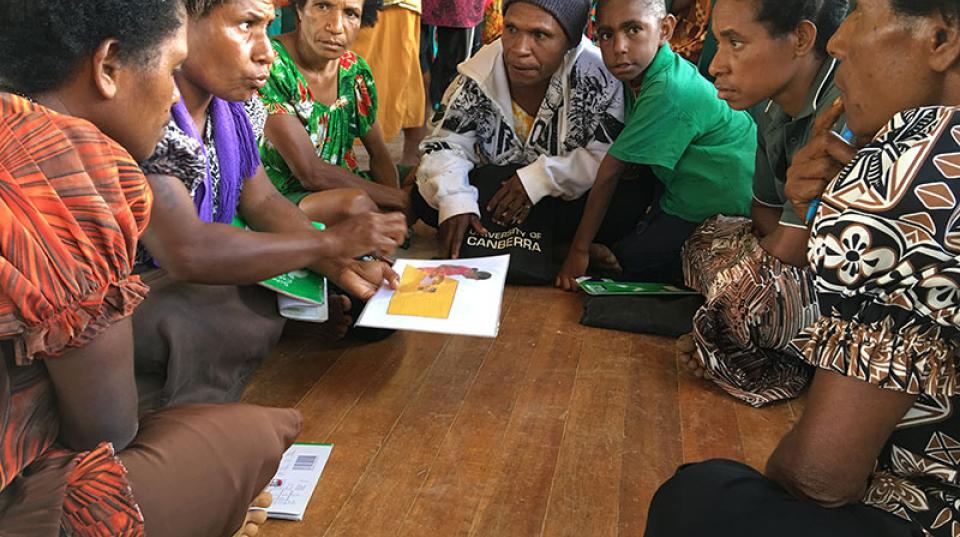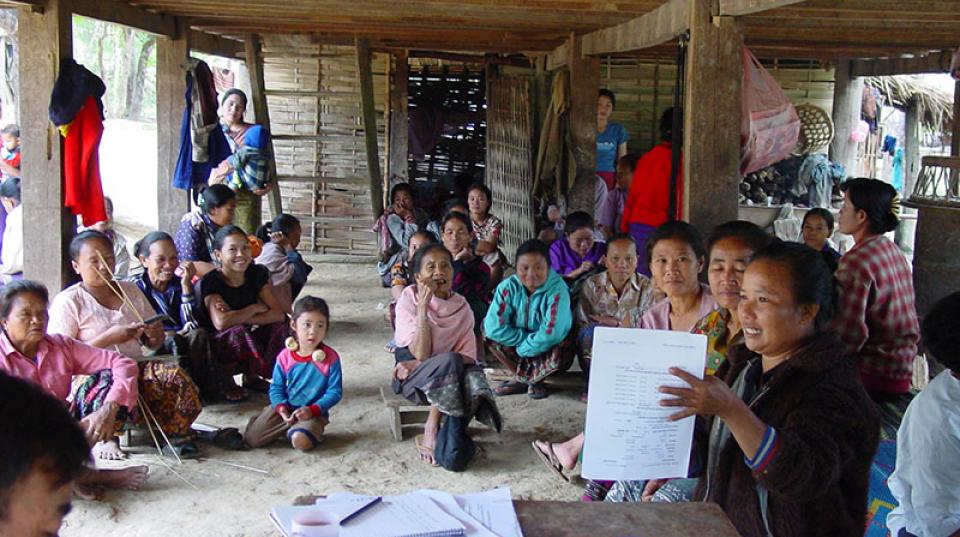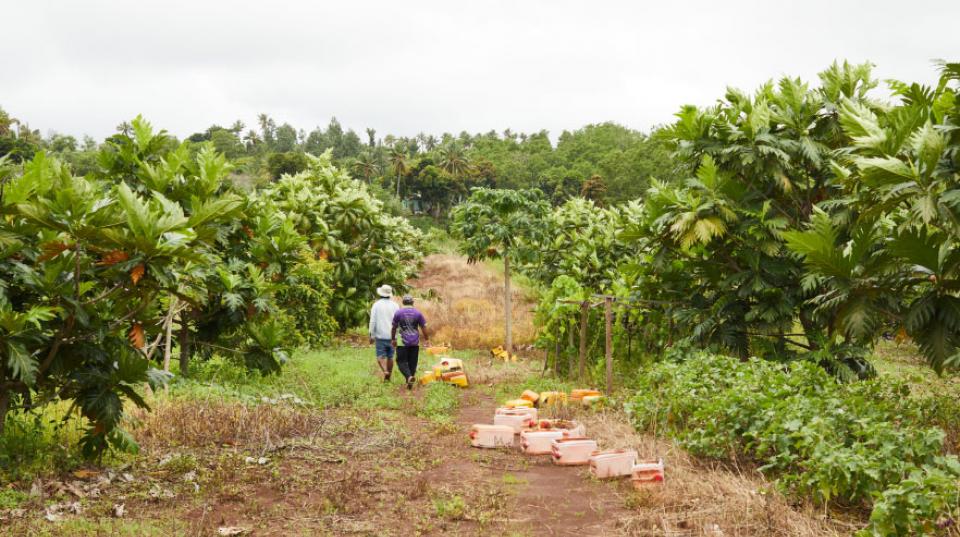Overview
This project aimed to use novel social and political science approaches to explore how the COVID-19 pandemic has impacted wet markets across the Indo-Pacific, focusing on three case study countries: Vietnam, Kenya and the Philippines.
As responses to the pandemic continue to develop, they reveal deep vulnerabilities in food systems at local, national and regional levels, including access to animal source foods. The animal origins of COVID-19 have once again placed concerns about zoonotic diseases into the global policy limelight. Wet markets in Asia have been singled out as a source of global pandemic risk with calls to close, ban, regulate, and reform them. While emerging diseases with pandemic potential represent low probability but high impact events, the risk of endemic food-borne and zoonotic diseases transmission at wet markets (e.g. Salmonella, Campylobacter, E. coli) contribute to more frequent and significant local disease outbreaks. Identifying and examining these vulnerabilities' nature will help mitigate future disruptions to food systems across the Indo-Pacific region.
Stage 2 of the ACIAR COVID19 assessment identified that COVID19 impacts on food security and livelihoods have already occurred due to state and non-state actors' emergency responses to tackle the public health imperative. This includes the closure of many local markets that threaten to increase food prices and drive social unrest. In the livestock sector, lockdowns and movement restrictions have significantly impacted animal trade, abattoirs, and consumer markets. This is suspected of having significantly impacted smallholder farmers, particularly women, who rely on the sale of livestock products at informal markets for their livelihood.
Governance and management reforms aimed solely at reducing zoonotic infection risks may have unintended negative socio-economic, health and wellbeing consequences for communities and food systems' resilience. Since the impact of COVID-19 biosecurity reforms is likely to extend to all live animal market systems, not only traditional wet markets, there is an urgent need to provide an evidence base to improve policies worldwide.
This research assessed socio-cultural, legal, biosecurity, infrastructural, policy, and management changes in wet markets, and the associated drivers of these changes.
Project outcomes
- Developing a framework to understand change at wet markets that will include policy, legal, biosecurity, infrastructural, socio-cultural, and management dimensions.
- Mapping the policy and social networks that influence the functioning and reform of wet markets, including different narratives, interests, values, power dynamics, and contextual forces.
- Understanding how markets were impacted by and responded to COVID-19 restrictions and how the pandemic has influenced the perception and framing of wet markets as foci for disease risk.
- Generating lessons and evidence on the impact of the COVID-19 pandemic on wet market reforms, including on system vulnerabilities and resilience, that could inform future ACIAR investments in the area of food safety and One Health.
